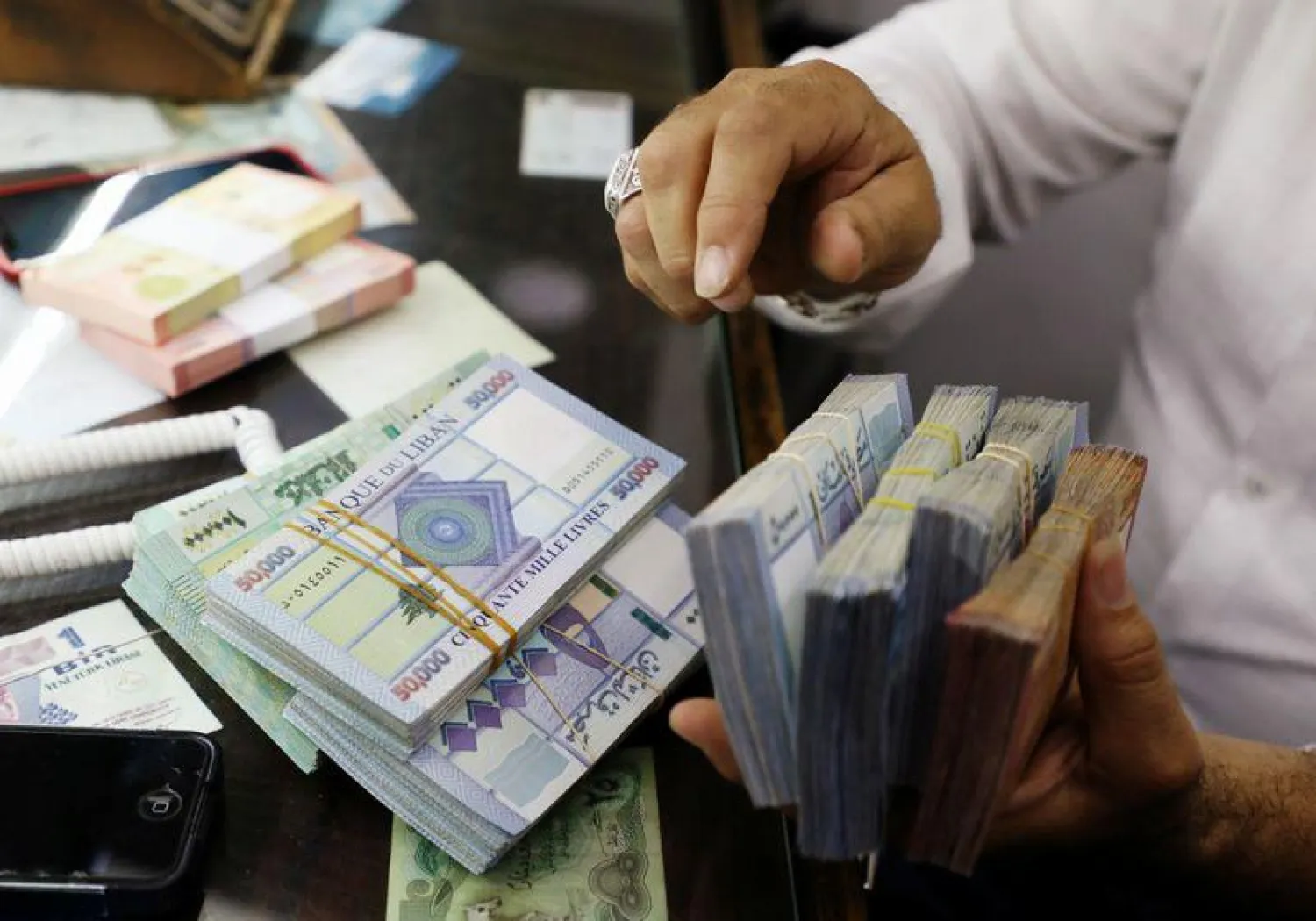The Lebanese are stocking their cash inside their homes or companies due their lack of trust in the country’s banking system.
Around $10 billion is the value of the money hidden in Lebanese homes and companies, resulting in an unprecedented demand for relevant insurance policies.
In remarks to Asharq Al-Awsat, Elie Torbey, president of the Association of Insurance Companies (ACAL), said that the percentage of securing funds in companies and homes in 2020 increased by 50% compared to the previous year, while the insured value increased by four to five times.
The value of the money stocked in homes and companies is estimated at $10 billion, according to Economist Jasem Ajaka, with a large part in US dollars and the other in Lebanese pounds.
While Torbey notes that the cost of insuring safes has increased recently, he stressed that the citizens’ rising demand was not surprising. In the beginning, they wanted to protect their money from bank procedures, and today, for fear of theft, he remarked.
Lebanese banks imposed restrictions on withdrawals in Lebanese pounds and stopped all withdrawals of US dollars. They also prevented transfers in foreign currencies through circulars issued by the Banque du Liban, which prompted the Lebanese to hide their money inside their homes.
Lebanon has recently witnessed a significant increase in theft rates, which rose by 58 percent last year compared to 2019, according to Mohammed Shamseddine, researcher at Information International.
A study prepared by the United Nations Social and Economic Commission for Western Asia (ESCWA) recently revealed that the proportion of the poor in Lebanon’s population has doubled to 55 percent in 2020, compared to 28 percent in 2019, in addition to a three-fold increase in the percentage of those suffering from extreme poverty, from 8 to 23 percent during the same period. The Lebanese pound has until now lost about 80 percent of its value.









